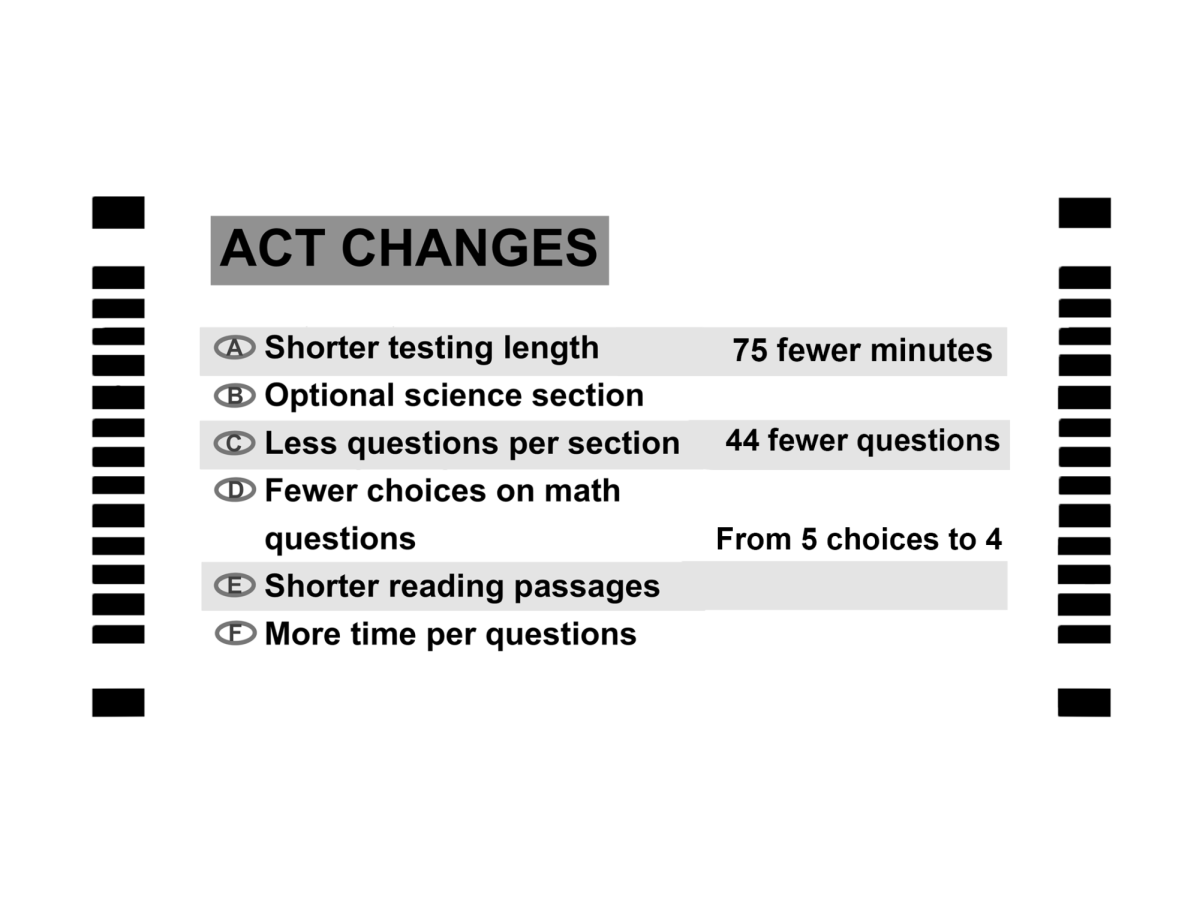
For some freshmen and sophomores, the end of the year is proving to be more stressful than usual. That’s because two accelerated math classes, accelerated coordinate algebra/analytic geometry A and accelerated analytic geometry B/advanced algebra AB, are several units behind in their curriculum.
Math teacher Linda Brasher said part of the reason the accelerated analytic geometry class is so behind is that several units had to be re-taught because the students didn’t perform well on a diagnostic assessment administered at the beginning of the year.
“The teachers made a judgment call, and they started over from the geometry portion, because that’s what their EOCT would be on,” Brasher said, “and so they ended up teaching all of geometry over again, which put us another three units [behind].”
Freshman Carolyn Capelouto, who is in accelerated analytic geometry, believes that the class is behind because of the additional workload Brasher had to manage.
“Ms. Brasher is very busy and overwhelmed, but not by her own choice,” Capelouto said. “It’s because she has two extra math classes than she should, and they’ve taken away her planning period.”
Sophomore Ellie Moore agrees that the math teachers, including Brasher and Saida Willocks, face unfortunate and challenging circumstances.
“I just think Ms. Willocks and Ms. Brasher were put in a tough situation,” Moore said, “because we were really unprepared from our teachers last year, in ninth grade, and so coming into [this class], we weren’t prepared.”
Denice Tischer, the parent of a ninth-grade student in accelerated analytic geometry, said another reason the classes are behind is the variable math curriculum in Georgia.
“The constantly changing curriculum has made it a challenge for the teachers to know what to teach so that they are really ready for the coming year,” Tischer said.
Sophomore Chloe Citron blames the fact that the accelerated analytic geometry class started off the year with new material.
“I think the biggest reason is because we came into this school year behind, and so there was a big rush,” Citron said.
Janet Kishbaugh, another parent, thinks the real issue is a more structural one.
“I think the basic problem here is just accelerated math is just a bad idea,” Kishbaugh said. “Learning a-year-and-a-half curriculum in a year’s time is not a good way to get a good foundation in math.”
She said the heightened pace is also problematic.
“Teach a discrete subject as a discrete subject; don’t teach it half one year, and half the next year,” Kishbaugh said, “because then you’re destroying the whole concept of us having gone to discrete subjects.”
Freshman Jared Steckl, who is in the accelerated coordinate algebra class, hopes that students will not have to do make-up work over the summer to make up for lost time.
“If we have to do this over the summer, I think that’s unfair for me,” Steckl said. “If I’m extremely busy over the summer, I don’t understand why I have to do all this work.”
Brasher countered that the only summer work students might do will be a completely optional review of standards that have already been taught.
“The kids who absolutely don’t want to [do the summer work] should not be any worse off for not doing it,” Brasher said.
Brasher said enrichment programs will be offered during the summer and the fall for students who haven’t achieved proficiency in certain areas that have already been taught.
“At the beginning of the school year, we will give an assessment, and if the kids have gaps, we will highly suggest they go into enrichment programs,” Brasher said.
She said the plan moving forward for the accelerated analytic geometry class, which is farther behind than accelerated coordinate algebra, is to teach the three units that weren’t completed this year next year in the precalculus class.
“Precalculus is technically not an accelerated class; it only has six units, so we’re going to add those three units to start precalculus off with and then finish all the precalculus,” Brasher said. “So everybody will finish where they need to finish, will not miss a beat, will not miss any standards.”
Brasher wants to ensure this problem will not happen again.
“I have plans installed next year for pacing guides, for weekly meetings, for all these things to check to make sure that this does not happen again,” Brasher said.
Capelouto doesn’t blame the situation on Brasher.
“It’s really not her fault; she’s doing the best she can,” Capelouto said, “and I think she’s a really good teacher and she’s super nice, and she makes herself available to students at all times.”
Citron and Moore agree, saying they appreciate that Willocks has offered extra credit to help raise students’ grades and that they haven’t felt too overwhelmed.
“It’s a little disconcerting to see a lot of hostility towards the teachers, when we just want everyone to sort of work together to understand what’s going on,” Citron said.












